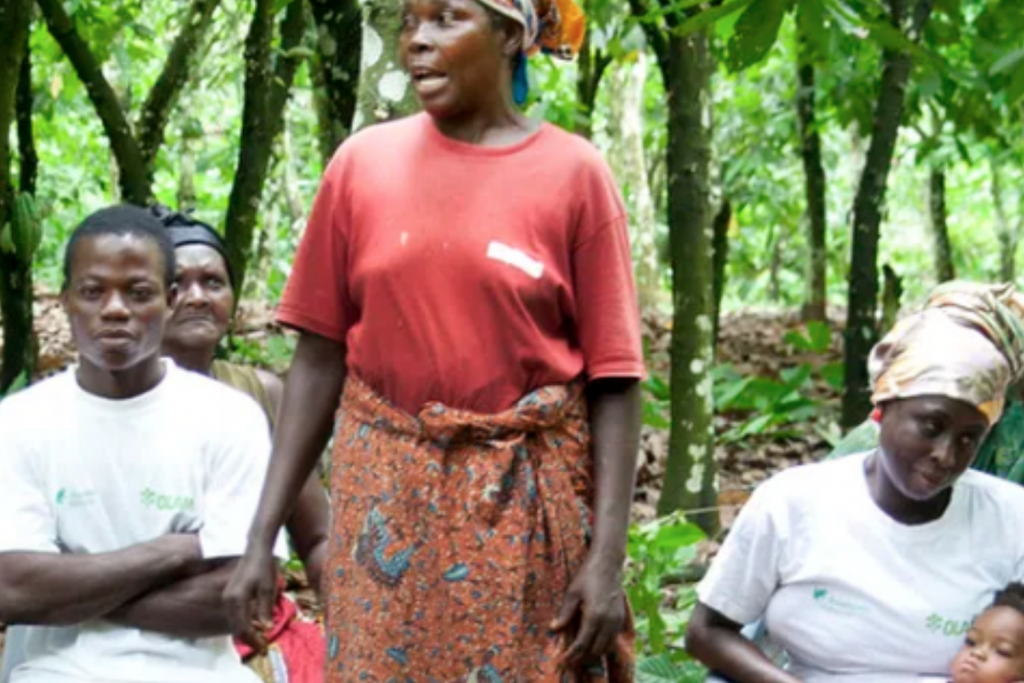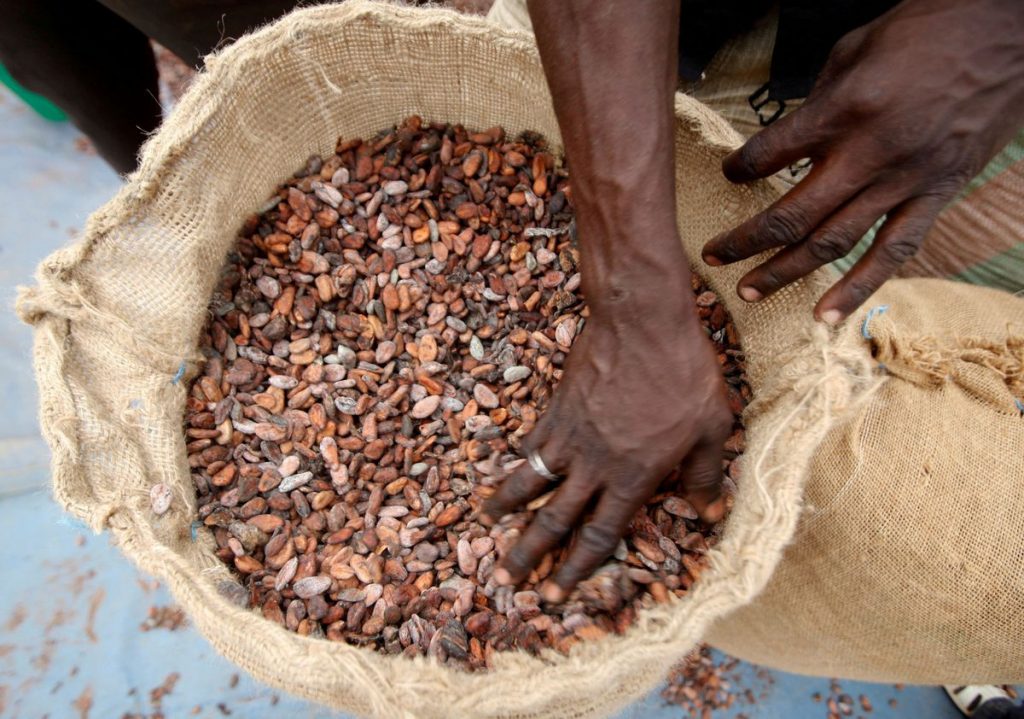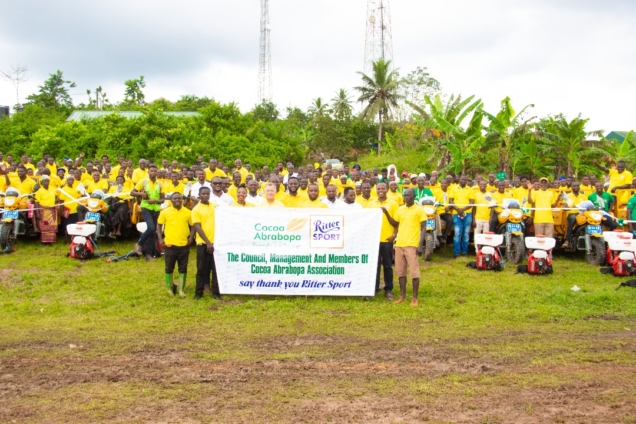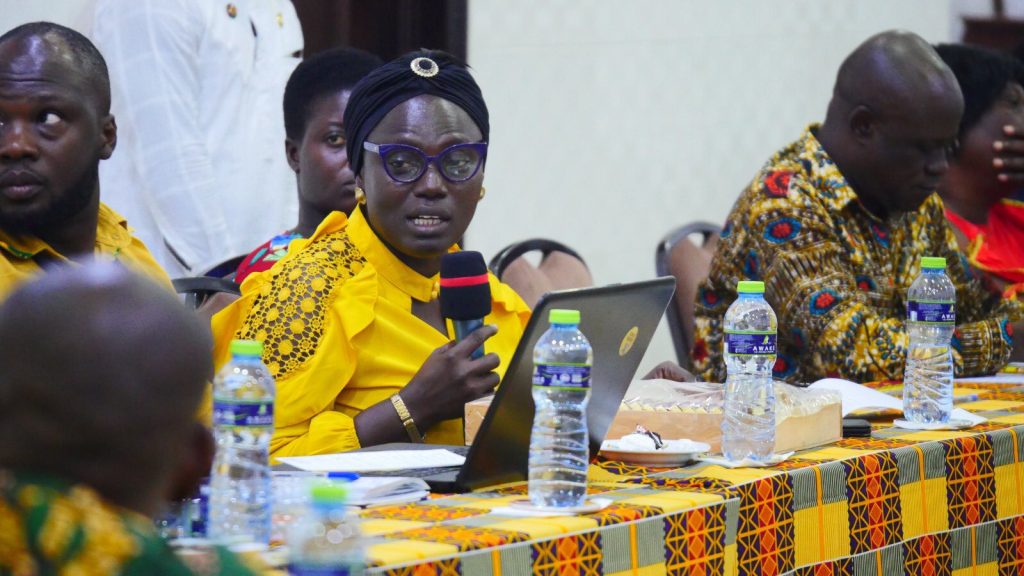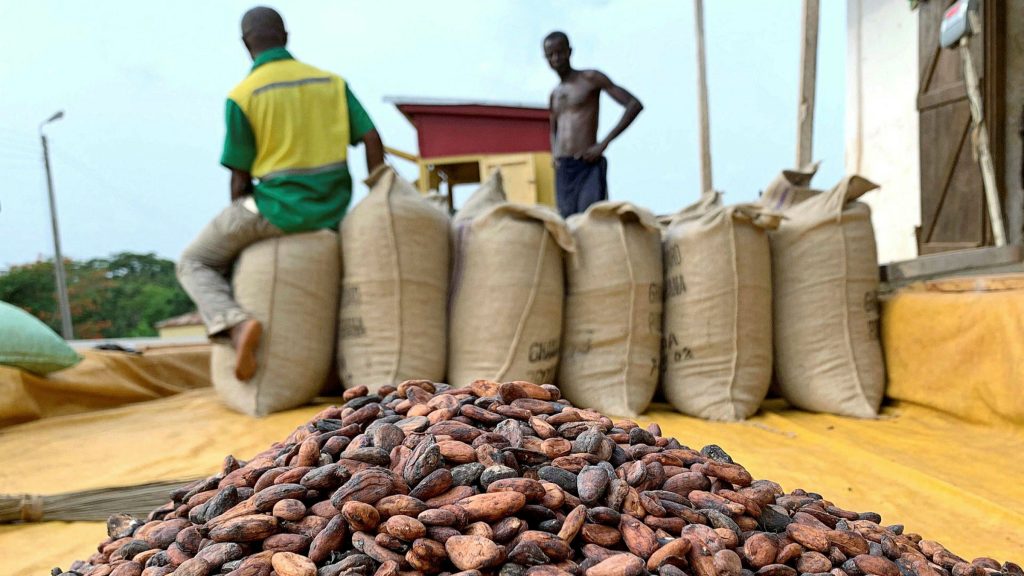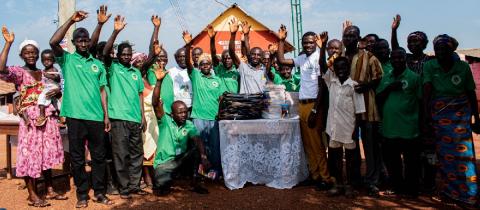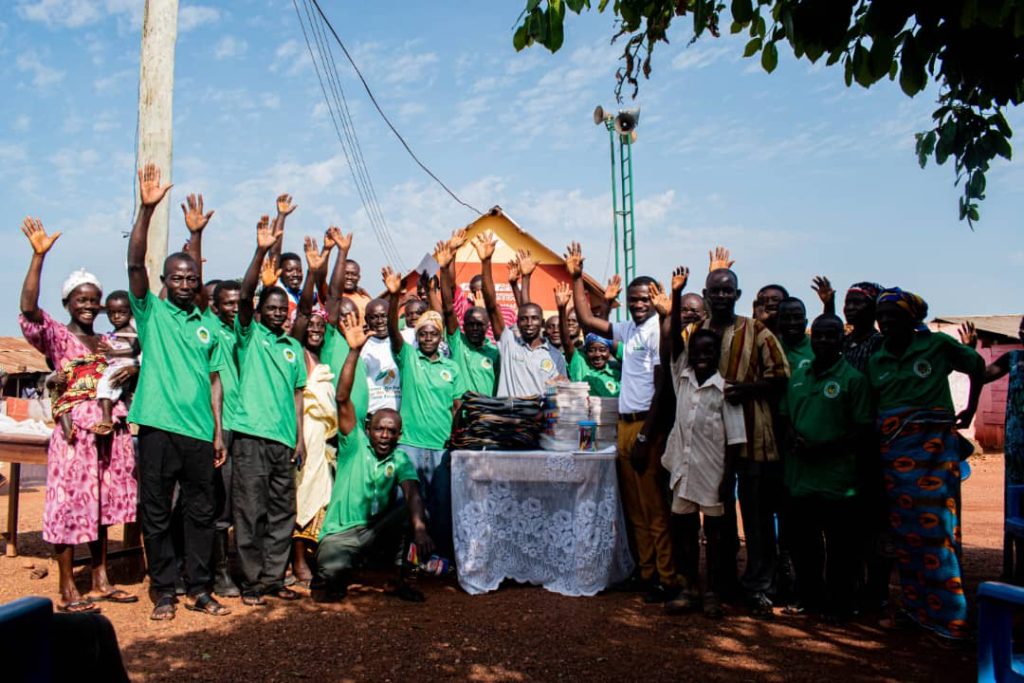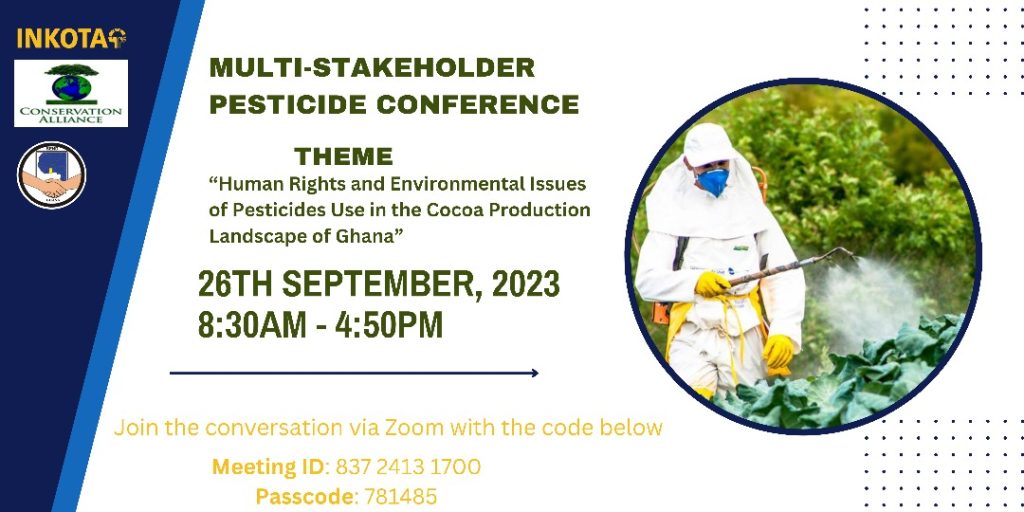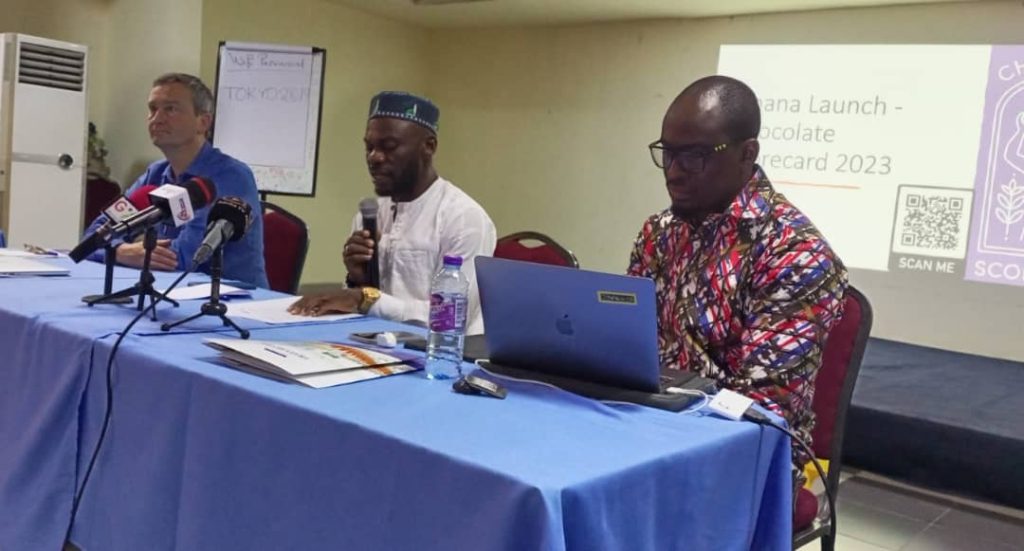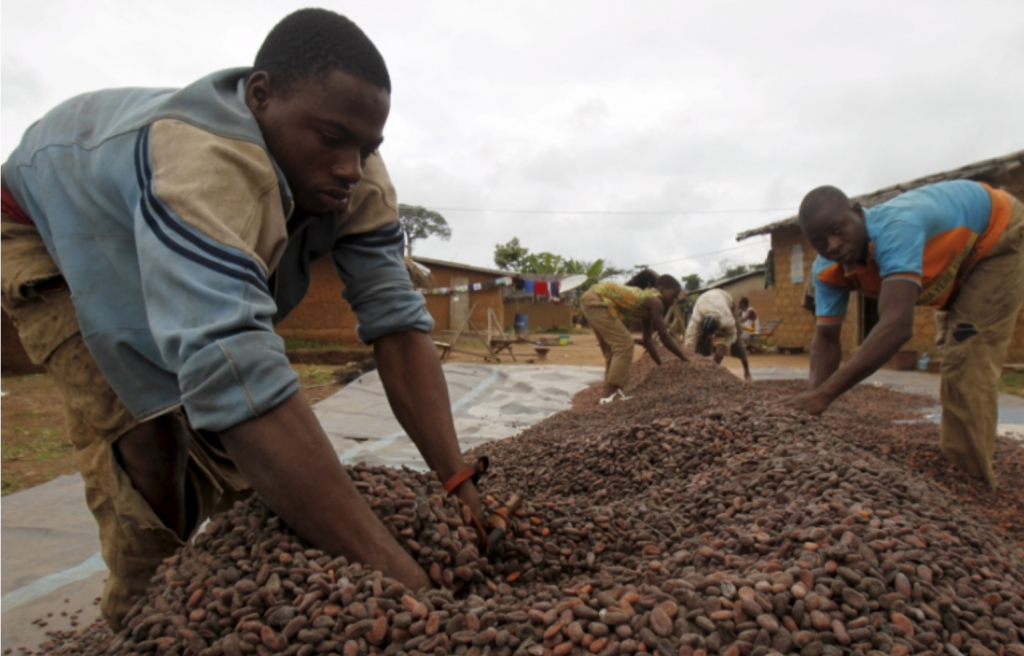
Local civil society organizations (CSOs) are well positioned to represent the interests of the communities they serve. They can be an important strategic partner in addressing sensitive issues, like deforestation and child labor. The Rainforest Alliance collaborates with CSOs to advance our advocacy efforts.
In Ghana, cocoa farmers have long struggled with issues like low income, deforestation, and child labor. Even so, CSOs in the region have rarely taken an advocacy angle to influence cocoa policies. That’s why we teamed up with SEND Ghana, a local organization with long-standing advocacy experience on a variety of topics, including food crops. We introduced them to the cocoa sector and helped them understand the issues at hand, connecting them with farmers and other relevant actors.
“Through this partnership, SEND was able to help cocoa farmers, especially women, develop and strengthen their leadership and advocacy skills,” said Sandra Kwabea Sarkwah, SEND Ghana’s project officer. “This prepared the farmers for lobbying at district and national levels so they could raise their voices on issues that most affect their lives.”
OPENING DIALOGUE WITH THE GHANA CIVIL-SOCIETY COCOA PLATFORM
SEND also established a shared platform for civil society actors to connect with the government on cocoa sector issues. The Ghana Civil-Society Cocoa Platform (GCCP) unites actors like smallholder cooperatives, NGOs, and journalists. Its creation was highly strategic: When SEND published a research report about persistent challenges affecting cocoa farmers—including low income and unreliable access to inputs—members of a journalist association called GARDJA used it to write new articles on the cocoa industry. This generate media attention and public debate. SEND’s report showed that purchasing clerks who buy cocoa on behalf of licensed buying companies were incorrectly adjusting the analog scales used for weighing, causing farmers to lose up to 11 percent of their incomes. As a result of SEND’s advocacy, COCOBOD (the cocoa sector’s government regulatory body) introduced digital weighing scales to eliminate fraud at the point of sale.
These engagements with both COCOBOD and the parliament helped the industry understand the benefits of increasing farm-gate prices for farmers. As of 2020, COCOBOD and a cocoa regulator in Côte d’Ivoire announced a price for cocoa that includes a living income differential—an amount paid in addition to the market price that helps support farmers’ incomes.

